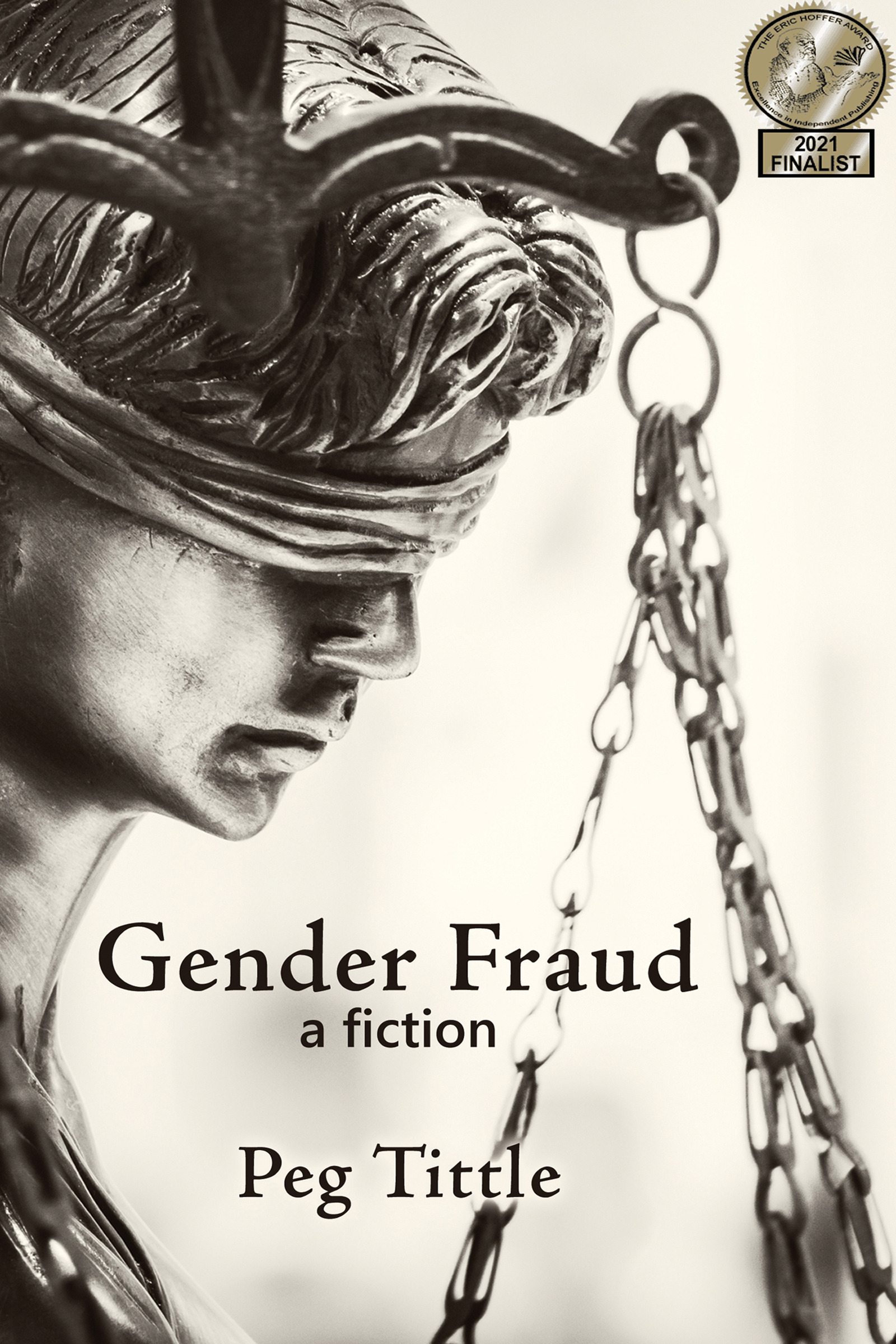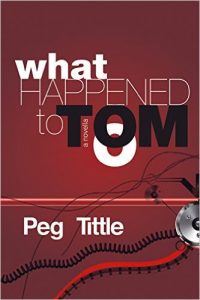Ever since I’ve been old enough to ask myself ‘Do I want children?’, my answer has been ‘No’ – a rather emphatic ‘No!’ I consider parenting to be a career, and a very demanding one at that: twenty-four hours a day for at least fourteen years, you are responsible for the physical, emotional, and intellectual development of another human being. And quite simply, it wasn’t a career I wanted.
So, I went on the pill three or four months before I started having sex (I find it incredible that people find that incredible: ‘You planned even your first time?’ Of course! That time, most of all, was to be special!) (And it was – though not quite in the way I’d hoped, anticipated …), and eventually chose permanent contraception instead. I have explained this to quite a few people, over many, many years, and I continue to be amazed at those who are amazed. When I ask ‘Why did you choose to become a parent?’ (a fair enough question to someone who has just asked me the opposite), they sort of give me a patronizing smile and say something like ‘It wasn’t exactly a choice.’ Yes it was. YES IT WAS. Unless you were raped or the contraception didn’t work, it was a choice: you don’t accidentally happen to catch some ejaculate in your vagina.
And not giving that choice much thought is nothing to smile about. Tell me, between the one who without really thinking about it, without really wanting it, becomes a parent, and the one who deliberately does not become a parent – who is the more responsible? I ask this question because of the responses by both my own physician and the surgeon to whom he referred me (who then referred me to another surgeon). One of them actually snickered and said ‘So you want the advantages of sex without the responsibilities?’ I didn’t respond, realizing only later that I was confused because he had asked the question incorrectly: yes I wanted sex, and no I didn’t want the responsibility – of children, not of sex; I did accept the responsibility of sex – that’s why I was sitting in his office asking to be sterilized. I believe I was also asked why I didn’t want children. When a woman comes to you pregnant, I said, do you ask her, before agreeing to deliver, why she wants the child? And would you be asking these questions if I looked older? If I already had two children, at least one of whom was a male? If I were a man seeking a vasectomy?
Not surprisingly, the appointments reminded me of a Therapeutic Abortion Committee (TAC) hearing. Are you married? Are you employed? Any congenital disease in your family? Substance abuse? Psychiatric hospitalization? The ‘problem’ is that I am competent and qualified to be a mother. In every way. Except one. I don’t want to be. On that basis alone, a TAC should grant me an abortion. On that basis alone, the surgeon should perform the sterilization. But as always, the woman’s wants, her choices, are irrelevant. (Do you believe, I wonder, that we’re incapable of having wants, of making choices?) They should be establishing my competence, not my incompetence. And if I am competent, then my choice, my request, should be granted. It’s as simple as that. (Of course, if I’m incompetent to be a good parent, my choice should be granted as well. Which begs the question, why were there TACs in the first place?) (‘Course, if I were incompetent, irresponsible, I probably wouldn’t be there seeking an abortion. Can you say ‘Catch 22’?)
The other question I remember clearly is that of the third doctor: ‘Do you want a tubal ligation or a cauterization?’ That’s really about the only question that should have been asked. I asked him to explain the advantages and disadvantages of each; he did so; I answered his question. (As for ‘When would you like the surgery?’, how about Mothers’ Day?)
No, I don’t regret it. I never have, not for one second of one minute of any day. Sure there’s a possibility that one day I’ll want children. There’s also a possibility that one day I’ll want to be a waitress at Hooters. And anyway, I could always adopt. (But it wouldn’t be your own! Sure it would; it just wouldn’t have my genes.) (And if that’s so important, you don’t want a kid – you want a smaller ego.)
It gave me control over my life, my destiny. In fact, it has been one of the best decisions I’ve made, and I wish more people would make it (whether they decide ‘yes’ or ‘no’ is less important than deciding – considering and deciding and not just letting it happen).
In fact, I wish being sterile were our default state: one should have to do something quite intentional in order to become reproductive (like take a pill, with not insignificant side-effects, every day at exactly the same time for six months – men too), rather than the other way around.
In the meantime, I hope those women who do choose permanent contraception can get it without the hassle I went through. I am thankful, however, that I live in a time and place in which sterilization, especially for a young woman without children, is at least legal. Had it not been, I may have chosen sexual abstinence. (If I had to think each time I had intercourse ‘This could change – read “mess up” – the next fifteen years of my life’, I wouldn’t have enjoyed it anyway.)
I am against sexism of any kind; I think that in a perfect world, one’s sex would be as relevant as one’s shoe size. I don’t like any titles, but I like least of all, therefore, ‘Ms.’ and ‘Mr.’ because they differentiate on the basis of sex; being a female has always been near the bottom of my identity list (I’m a person, a dog-lover, a writer, a runner, a music-lover…). So I love being neutered – it’s a bit of freedom from being sexed.
















